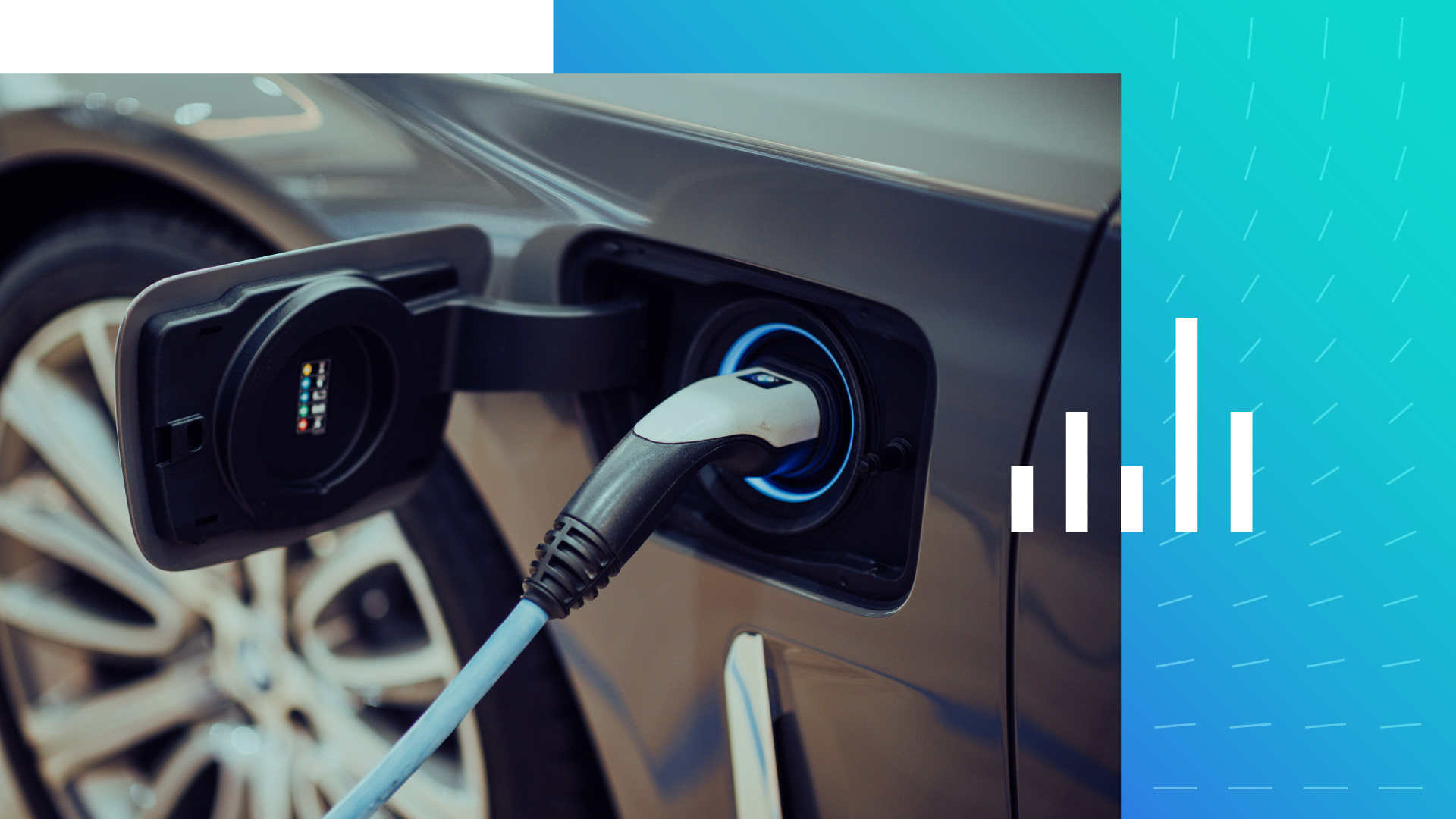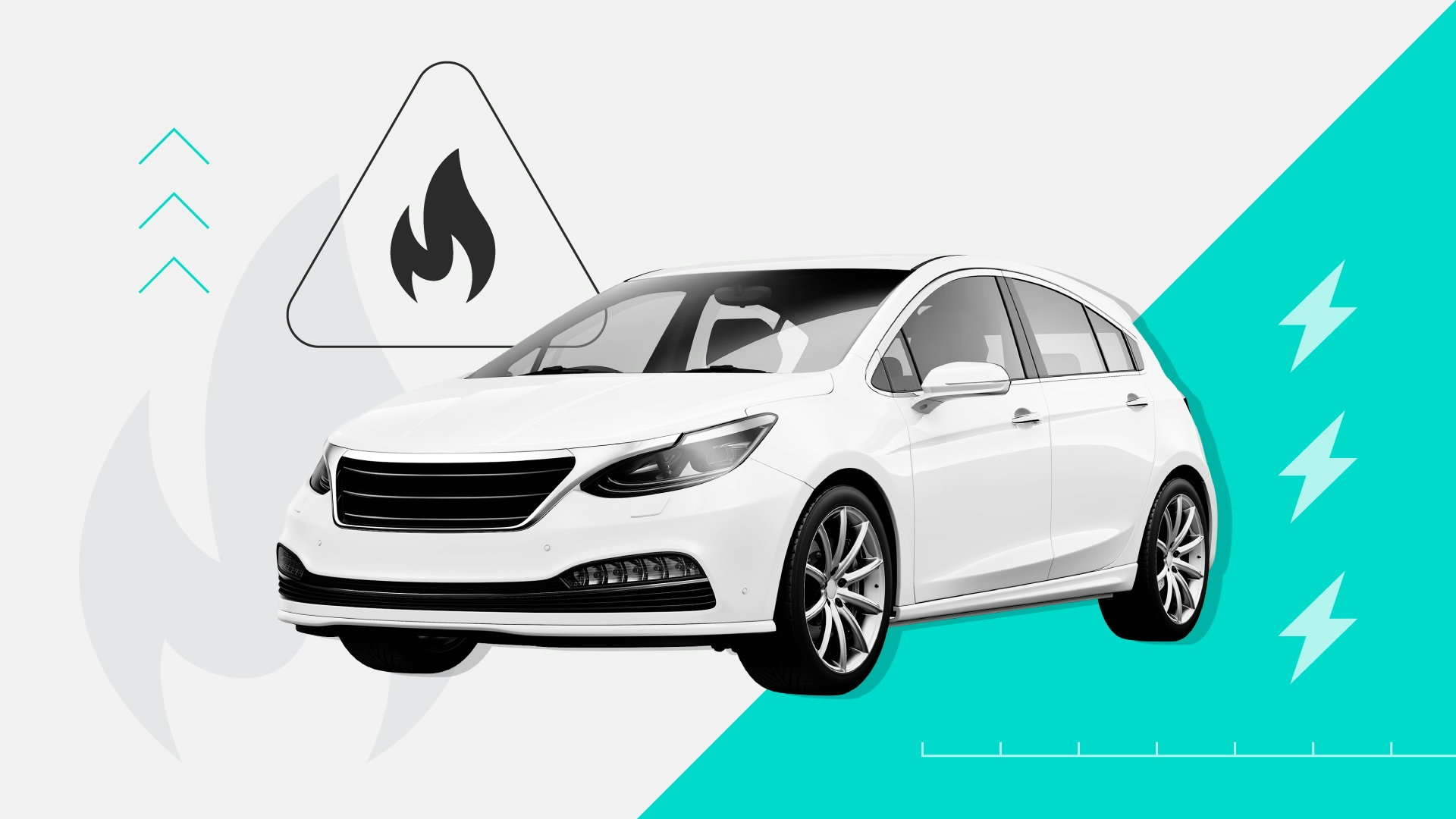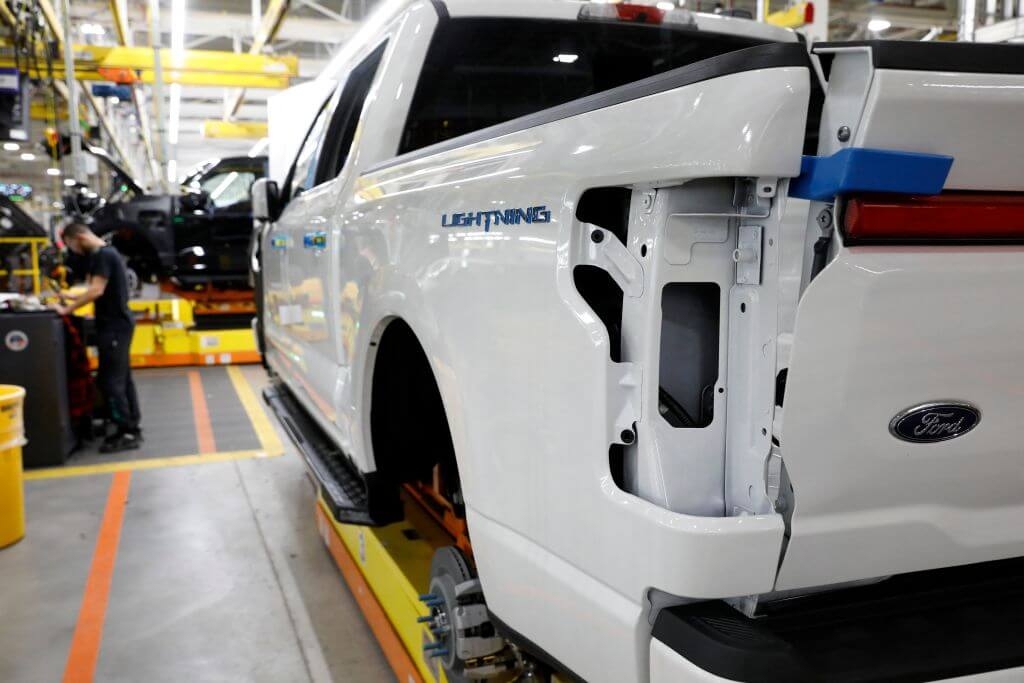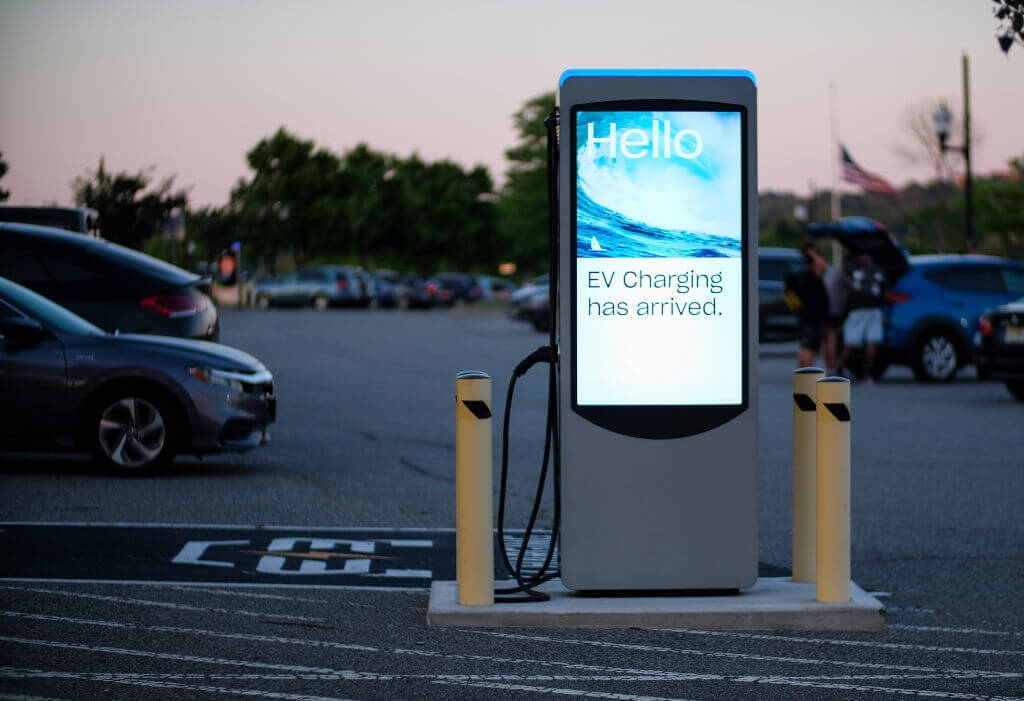Energy
Automaker Adoption of Tesla Superchargers Could Alleviate Some EV Charging Concerns

Key Takeaways
62% of electric vehicle owners say they are concerned about accessing charging stations.
Automakers are working to address concerns by offering a wider range of charging options for consumers, including access to Tesla’s Superchargers, but these efforts may not be enough to convince potential EV buyers. Roughly a quarter of potential EV buyers say they want a vehicle that exceeds 500 miles when fully charged -- a range that virtually doesn’t exist in the current market.
The expansion of Supercharger station access for certain non-Tesla vehicles could help temporarily assuage concerns about range: the more charging stations available, the more chances there are for powering up, spurring more confidence and perhaps a sense of security among first-time EV buyers when it comes to convenient access.
Sign up to get the latest global energy data and analysis delivered to your inbox every morning.
Automakers are scrambling to meet electric vehicle adoption targets set forth by the Biden administration that some companies say are too aggressive. Other industry officials have noted that the charging infrastructure is not yet widely available, and automakers are quickly adopting Tesla’s North American Charging Standard to ensure consumers have somewhere to “fill” up.
Recently, seven automakers committed to a joint venture in the United States with a goal to install 30,000 chargers that will include both the NACS and the Combined Charging System, in a direct challenge to Tesla’s charging network dominance.
While the list of available charging options in the future is growing longer, concerns related to charging access are still high, even among EV owners, new Morning Consult data shows.
EV owners are worried about charging access, mileage and wait times
Concerns about access to charging stations are widespread among those who own EVs (62%). The bulk of EV and Tesla owners also cited concerns about access to their preferred charging station, their vehicles’ mileage range and wait times at charging stations.
Charging could also be a sticking point for potential EV buyers, with many having expectations for a mileage range that -- at least for now -- are unrealistic based on the current market.
Specific demographics at scale: Surveying thousands of consumers around the world every day powers our ability to examine and analyze perceptions and habits of more specific demographics at scale, like those featured here.
Why it matters: Leaders need a better understanding of their audiences when making key decisions. Our comprehensive approach to understanding audience profiles complements the “who” of demographics and the “what” of behavioral data with critical insights and analysis on the “why.”
About a quarter of consumers who are likely to purchase an electric vehicle in the next 12 months or five years said they want EVs to have a minimum range of 500 miles or more on a single charge, which is roughly 200 miles above the record average set in 2022.
Consumer reports that reference Environmental Protection Agency data show that the 2023 Lucid Air is the only EV in the United States that has an estimated range higher than 500 miles, with a starting price tag over $100,000 — although the company also offers a model with a range above 400 miles under that price point. Other EV models, including several Tesla vehicles and electric pickup trucks from Rivian and Ford, have ranges that vary between 300 and 400 miles, which roughly 3 in 10 potential EV buyers cited as their ideal minimum charging range in the survey. These vehicles have price tags starting around $50,000 or higher.
More Than 3 in 5 EV Owners Concerned About Mileage Range, Charging Access
Although a substantial number of EV owners have concerns about charging access, 3 in 5 said they always have charging access available where they park at home. That share drops drastically for consumers looking to purchase an EV in one year (31%) and in five years (26%).
About 2 in 5 hybrid owners always have access available where they park at home, which could potentially make a switch to an EV easier in the future.
EV owners support automakers’ moves to adopt Tesla’s charging standard
Some automakers, including Ford, General Motors and Rivian, appear to be attempting to mitigate EV owners’ concerns about charging access by joining Tesla’s Supercharger network. These partnerships are a welcome change for EV owners, with 83% saying the endeavors are a good move for the industry, likely because a large majority of them said they have a Supercharger accessible to them. Around 3 in 4 hybrid owners and potential EV buyers also said the Tesla Supercharger adoption is a good thing.
While EV owners broadly support the agreement between automakers and Tesla on the use of the latter’s Superchargers, about 3 in 5 are also concerned about vehicles other than Teslas using the chargers, which could increase wait times and reduce access to chargers away from home.
EV Owners Strongly Support Tesla Supercharger Adoption by Other Automakers
A reliable network, expanded range are key to help quell potential buyers’ charging concerns
The name of the game is charging access, and automakers are scrambling to make sure they can provide it to current and potential customers. With the latest news about seven automakers – GM, BMW, Honda, Hyundai, Kia, Mercedes-Benz and Stellantis – setting up a joint venture to install 30,000 chargers in urban areas and along highways, consumers might feel a little less worried about finding a place to park and charge.
But automakers will still need to figure out a way to temper the expectations of an affordable 500-mile range EV. More than a quarter of potential EV buyers are expecting high mile ranges, and there are more EVs that are quickly creeping into the 300-mile per charge range, but consumers will always want more.
Meanwhile, the first charging stations aren’t expected to open until next summer and automakers that have chosen to adopt the Supercharger technology won’t have it available in their vehicles until 2025, although they will provide adapters starting next year.
The Federal Reserve’s recent decision to raise interest rates could provide some downtime for automakers to get their charging networks up and running. The higher rates will make it more difficult for car buyers to secure auto loans, and while new and used EV prices are dipping slightly, it might not be enough to encourage consumers to purchase.
Clarification: This analysis has been updated to note that Lucid has an available model in the 400+ miles range, with a price point below $100,000.
Julia Martinez previously worked at Morning Consult as an energy & auto analyst on the Industry Intelligence team.
Related content

High EV Price Tags Are Top Barrier for Purchase, but Battery Issues Are Also Driving Away Many Holdouts

Most Adults Support Electric Vehicle Tax Credits. Nearly Half Say Those Incentives Could Steer Them Toward Buying EVs
